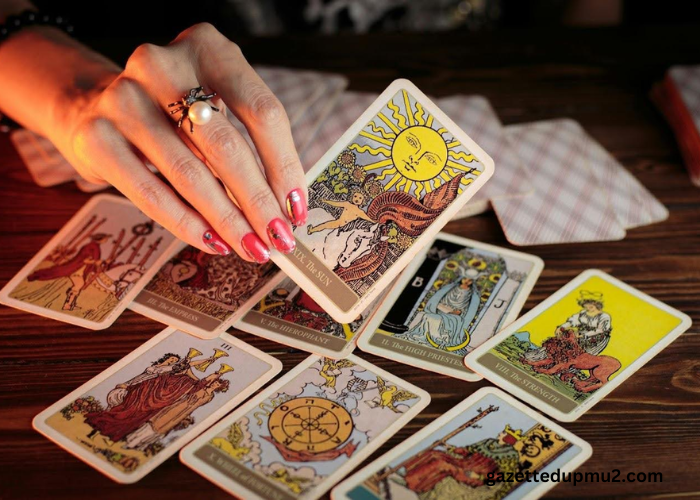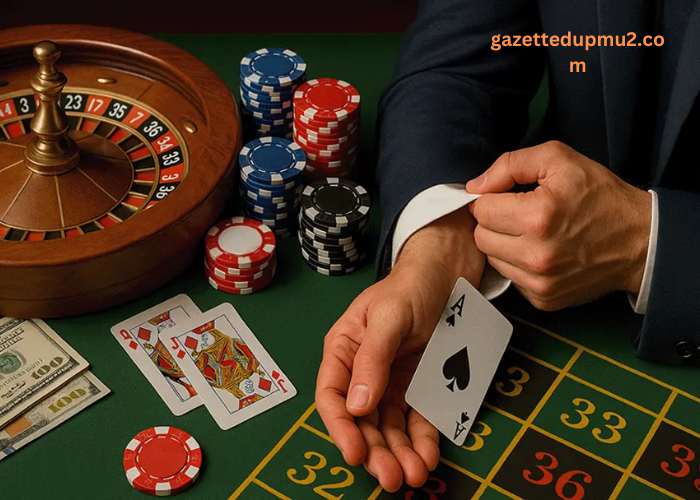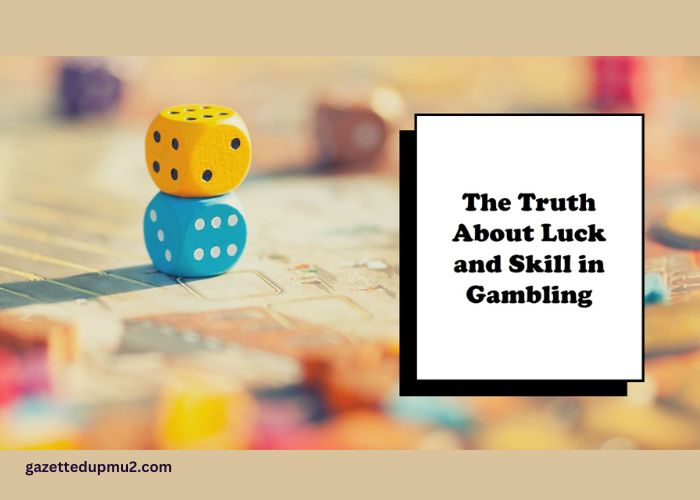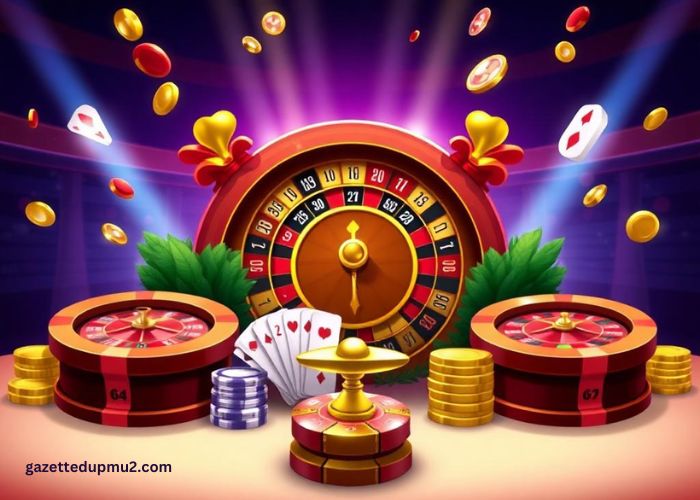Throughout history, humans have been fascinated by the idea of predicting the future. From ancient oracles and medieval soothsayers to modern-day astrologers and tarot readers, the practice of fortune-telling has persisted across cultures and centuries. But are fortunes real, or are they simply a product of human imagination and desire? This article explores the various forms of fortune-telling, examines the evidence for and against their validity, and considers why people continue to seek out predictions about their future.
The Allure of Knowing: Why We Seek Fortunes
The human desire to predict the future is a powerful one. We crave a sense of control, a glimpse into what awaits us around the bend. Fortunes offer a comforting illusion of certainty, a promise that the path ahead isn’t entirely shrouded in mystery.
The Many Faces of Fortune-Telling
Fortune-telling encompasses a wide array of practices, each with its own methods and traditions. Some of the most well-known include:
Astrology: This ancient practice involves studying the positions and movements of celestial bodies to glean insights into human affairs and natural phenomena. Astrologers create horoscopes based on the alignment of stars and planets at the time of a person’s birth, claiming to predict aspects of their personality and future.
Tarot Reading: Tarot readers use a deck of 78 cards, each with its own imagery and symbolism, to provide guidance and insights into the past, present, and future. The cards are laid out in various spreads, and the reader interprets their meanings based on their positions and relationships.
Palmistry: Also known as chiromancy, palmistry involves examining the lines, shapes, and mounts on a person’s hand to predict their future and reveal aspects of their character.
Numerology: This practice assigns significance to numbers, particularly those related to a person’s name and birth date. Numerologists believe that these numbers can reveal information about one’s life path, personality, and destiny.
Clairvoyance: Clairvoyants claim to have the ability to see events or gain information beyond the normal sensory range. This can include visions of the future, past events, or insights into people’s lives and circumstances.
The Skeptical Perspective
Skeptics argue that fortune-telling is a pseudoscience, lacking empirical evidence and relying on vague, general statements that can apply to anyone. Some of the main criticisms include:
Barnum Effect: This psychological phenomenon occurs when people believe that vague, general statements about personality or future events are highly accurate and specifically tailored to them. Fortune-tellers often use statements that could apply to a wide range of people, making their predictions seem more accurate than they are.
Cold Reading: Skilled fortune-tellers may use cold reading techniques to gather information about a person without their explicit knowledge. By making high-probability guesses, observing body language, and asking leading questions, they can create the illusion of supernatural insight.
Confirmation Bias: People tend to remember the predictions that come true and forget those that do not. This selective memory reinforces the belief in fortune-telling, even though the overall accuracy rate is no better than chance.
Lack of Scientific Evidence: Numerous studies have tested the claims of various fortune-telling practices, and the results have generally failed to demonstrate any reliable predictive power. For example, controlled experiments with astrologers and tarot readers have shown that their accuracy is no greater than random chance and this goes the same to slots.
The Middle Ground
While the scientific evidence for the accuracy of fortune-telling is lacking, it is also important to acknowledge the role it plays in people’s lives. The benefits of fortune-telling may lie not in its predictive power but in its ability to provide psychological and emotional support. It can serve as a tool for introspection, helping individuals explore their thoughts, feelings, and desires in a structured and symbolic way.
The Verdict: Fortunes – A Fun Enigma
So, are fortunes real?
The answer is subjective. They may not hold the key to our predetermined destinies, but they can be powerful tools for self-reflection, motivation, and shaping our perceptions of the future. Whether you see them as a playful distraction or a potential source of guidance, fortunes remain an intriguing element of human experience.





